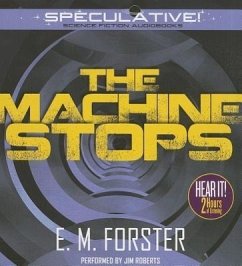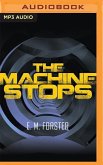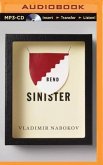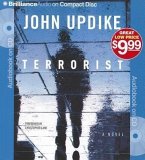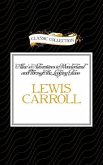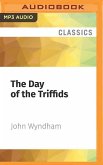"The Machine Stops" describes a world of the future in which humans all remain in their cubicles while all their needs are met by a supercomputer called "The Machine." They communicate with each other and attend "online" classes and meetings through the Machine, and people seldom meet face to face. A problem arises when one man, Kuno, decides he is not satisfied with staying in his room and decides to explore outside. The story has proved to be far ahead of its time, with remarkably accurate predictions of modern technologies such as TV, online chat, and the Internet. This is a truly remarkable story and one that has many lessons of caution for today. After being voted one of the best novellas up to 1965, it was included that same year in the populist anthology Modern Short Stories and in 1973 was also included in The Science Fiction Hall of Fame.

